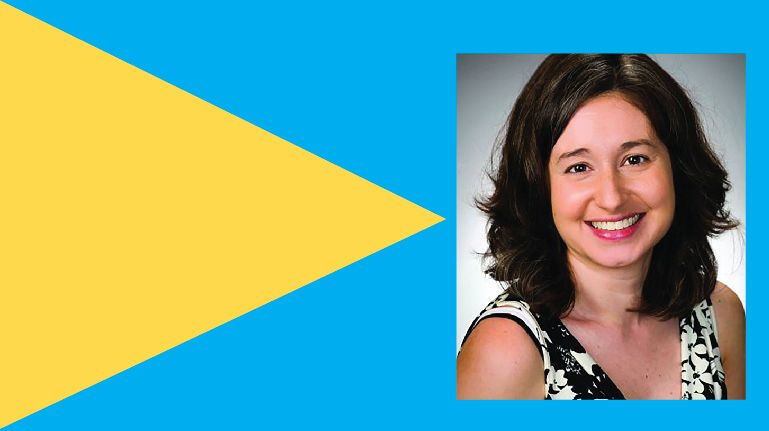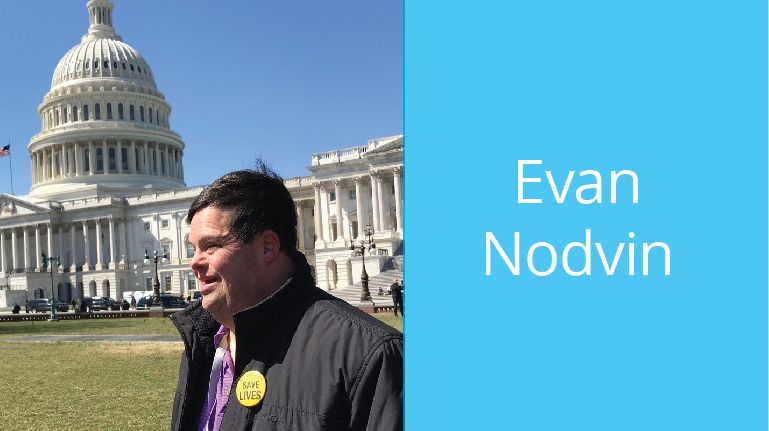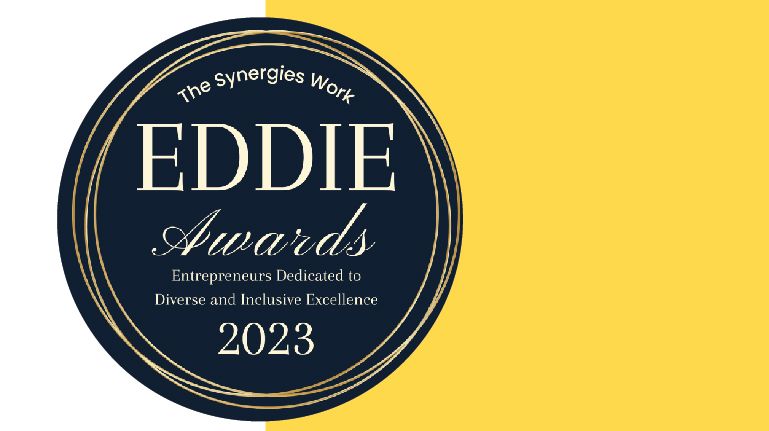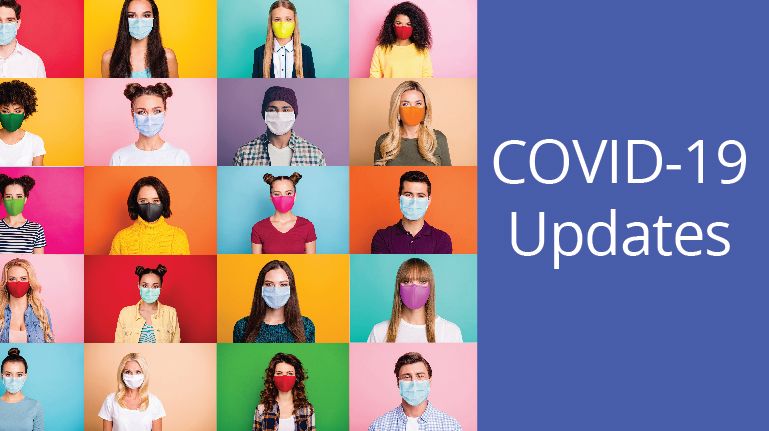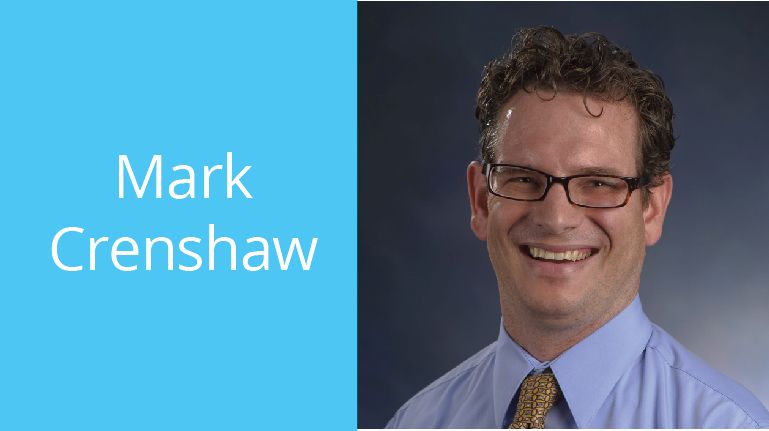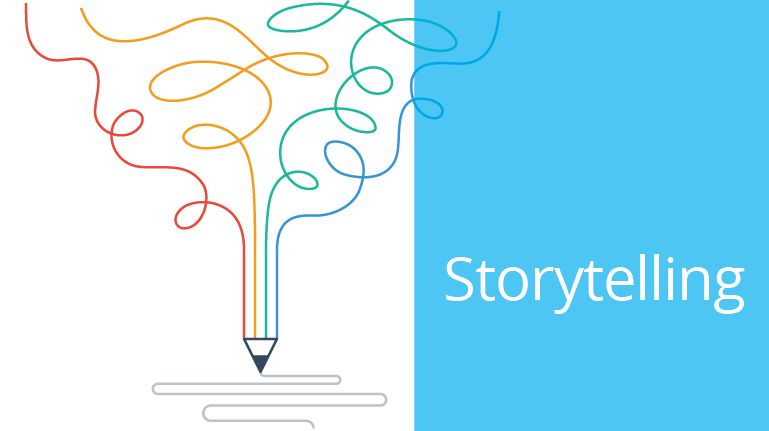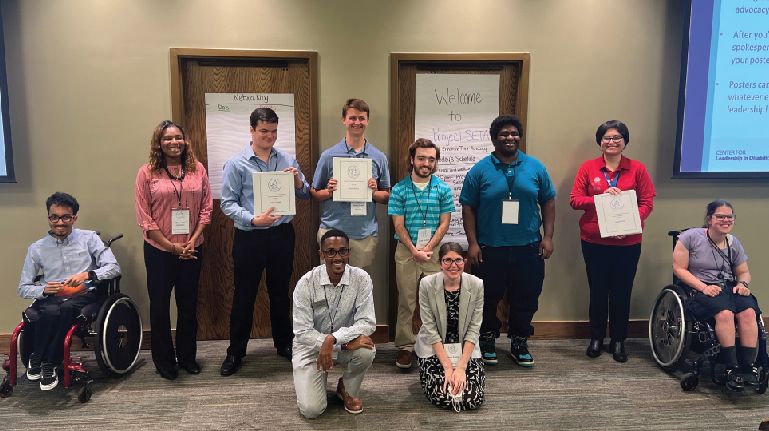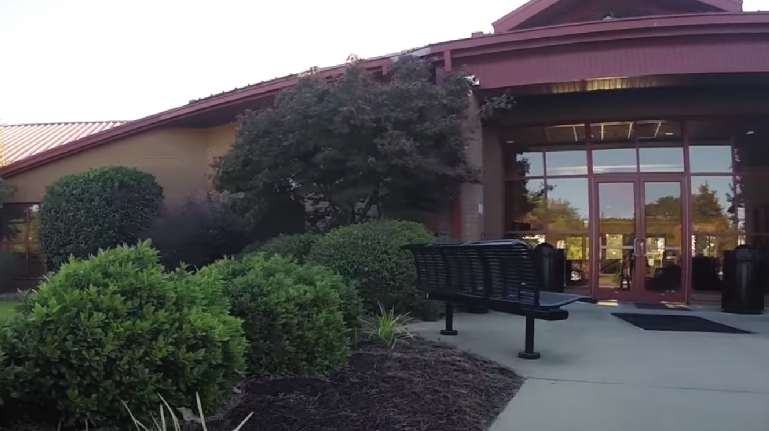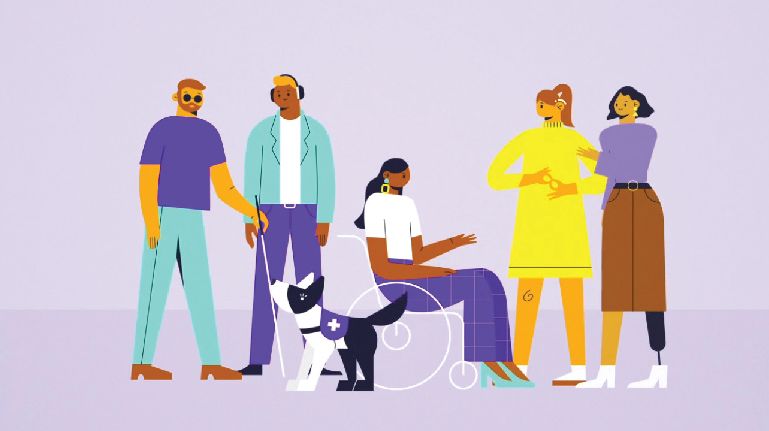Synergies Work, a business incubator for people with disabilities, is expanding its offerings to help even more new entrepreneurs start their businesses. Synergies Work was founded by Aarti Sahgal, a parent of a young adult with Down Syndrome.
“The last few months have been transformational,” said Sahgal. First known for its i2i (Idea to Incubation) Program, Synergies Work’s mission is to inspire people with disabilities to discover their talents and turn them into sustainable businesses.
Synergies Work believes in raising the bar for individuals with disabilities by challenging the soft bigotry of low expectations. The Synergies Work i2i (Idea to Incubation) Program is the only entrepreneurial program in the United States offering mentorship, business education, funding, and ongoing support to enable individuals with disabilities to launch and grow sustainable businesses. Participants who complete the i2i Incubator Program are also eligible to apply for an Impact Grant of $500-$2000, aimed at helping them to launch or grow their business. Successful applicants receive funding based on their business plan and proposed use of the grant funds. This successful model has led to even more opportunities for the organization to expand its programs.
Synergies Work’s business model was awarded $225,000 in grants from Truist Foundation Inspire Awards Challenge. The Inspire Awards is a partnership with the Solve initiative at Massachusetts Institute of Technology (MIT). The Truist Foundation’s Inspire Awards Challenge is a competition for non-profit organizations across the country to present the innovative solutions to the complex challenges facing small businesses led by women and BIPOC (Black, Indigenous, and people of color) in their communities.
Sahgal entered the competition recognizing the intersection of women, BIPOC, and people with disabilities. Out of 127 applicants, Synergies Work won the second-place award of $150,000 and the Audience Favorite award of $75,000. “Winning the Audience Favorite award was a really exciting piece for me,” said Sahgal.
Over the past five months, Synergies Work worked closely with MIT Solve’s team, who provided supports to prepare for the competition. Including a 3-minute film that was produced. Synergies Work presented their business model first virtually then again in person. “It was a lot of work but extremely exciting and a very fulfilling experience,” said Sahgal.
Synergies Work is also part of a global collective of nine business accelerators that have been invited to the Clinton Global Summit in July. Supported by SmartJob and Enable Ventures, Synergies Work has committed to support 220 tech startups in 2023.
“It’s an exciting time. Finally, when we are talking about diversity and inclusion, we’re also talking about entrepreneurs with disabilities,” said Sahgal.
Currently there is no policy in the state of Georgia for entrepreneurship for people with disabilities. “It is critical we are in sync with the times. When we are talking about career choices for people with disabilities, we need to provide full menu of choices, including entrepreneurship,” said Sahgal.
“Georgia prides itself as the second-largest tech hub, actively inviting businesses to the state, and yet when it comes to inclusion, we are not including entrepreneurs with disabilities in the conversation,” said Sahgal.
Sahgal recognizes that this conversation is important not just in the community but in policy as well. “We need to talk about funding and creating spaces for entrepreneurs so that they are fully included in the ecosystem,” said Sahgal.
Synergies Work also launched its new learning hub. Through its i2i Program, Synergies Work realized there are many entrepreneurs at the pre-incubation phase or entrepreneurs in need of resources that Synergies Work was not providing. The goal of the learning hub is to be a one-stop space to meet all of the needs and answer all of the questions for new entrepreneurs. This learning hub provides free resources, including articles and videos, and a community where people can ask questions from business leaders.
The learning hub is not a collection of articles pulled from other resource platforms. The content is created by entrepreneurs who have disabilities themselves. “Representation matters,” said Sahgal, “so we are trying to get entrepreneurs with disabilities to write their perspectives and get their feedback to ensure that the learning hub and its resources are completely accessible and that there is a community to build synergies among entrepreneurs with disabilities.” With this new learning hub, entrepreneurs don’t need to wait for an i2i Program, they can access resources and get answers to questions now.
Recognizing that 50% of the population is unbanked or underbanked, Synergies Work understands that resources need to be financially accessible. Organizations on the platform will be able to offer resources at a discount for people with disabilities so that they can easily incorporate their business. “We hear stories of entrepreneurs unnecessarily paying thousands of dollars to lawyers to get an EIN, but an EIN does not require thousands of dollars!” said Sahgal.
The platform’s resources answer questions about how to set up a bank account, how to get insurance, how to get a credit card, what a good credit score is and how to improve it, what the steps are to getting a loan, and other things that make businesses sustainable.
Synergies Work will be hosting its first EDDIE Awards Ceremony in April. The Entrepreneurs Dedicated to Diverse and Inclusive Excellence (EDDIE) Awards “is going to be the Oscar’s of the entrepreneurial awards,” said Sahgal
“Nobody in the country is celebrating entrepreneurs with disabilities. This is an opportunity to put a spotlight on entrepreneurs and business leaders with disabilities. True to our mission of being bridge makers, that is what the awards night is going to be about,” said Sahgal.
There will be six EDDIE awards: Entrepreneur of the Year Award, People’s Favorite Award, Newcomer Award, Creativity Award, Social Impact Award, and Techpreneur Award.
The application process includes a committee to review applications and select finalists. Winners from across the country will be invited to the awards ceremony in Atlanta in April to meet business leaders and be recognized for the work they are doing. The winners will also receive benefits like business coaching and brand assessments. Applications close at the end of January and winners will be announced in March.
For more information, visit https://synergieswork.org/.
